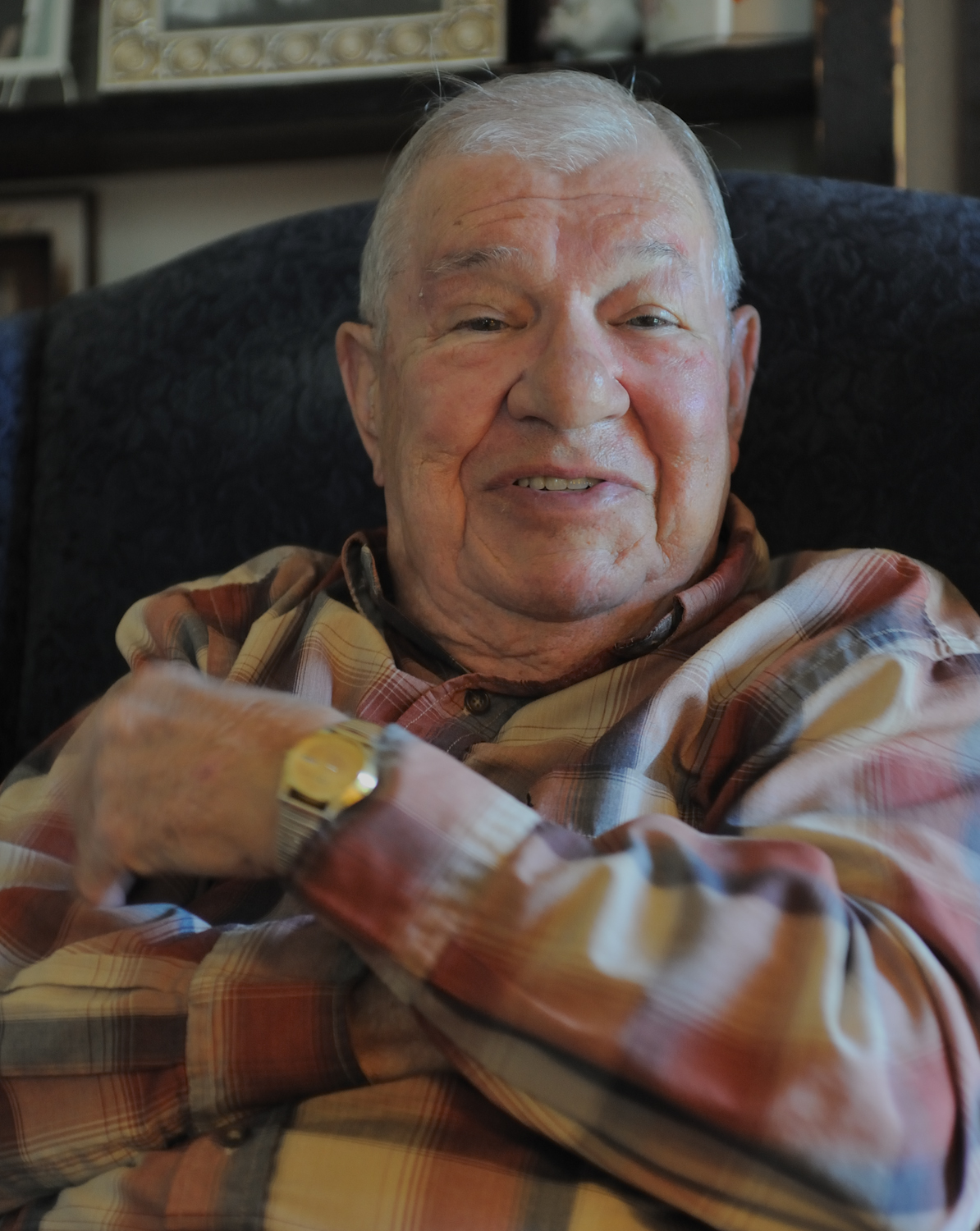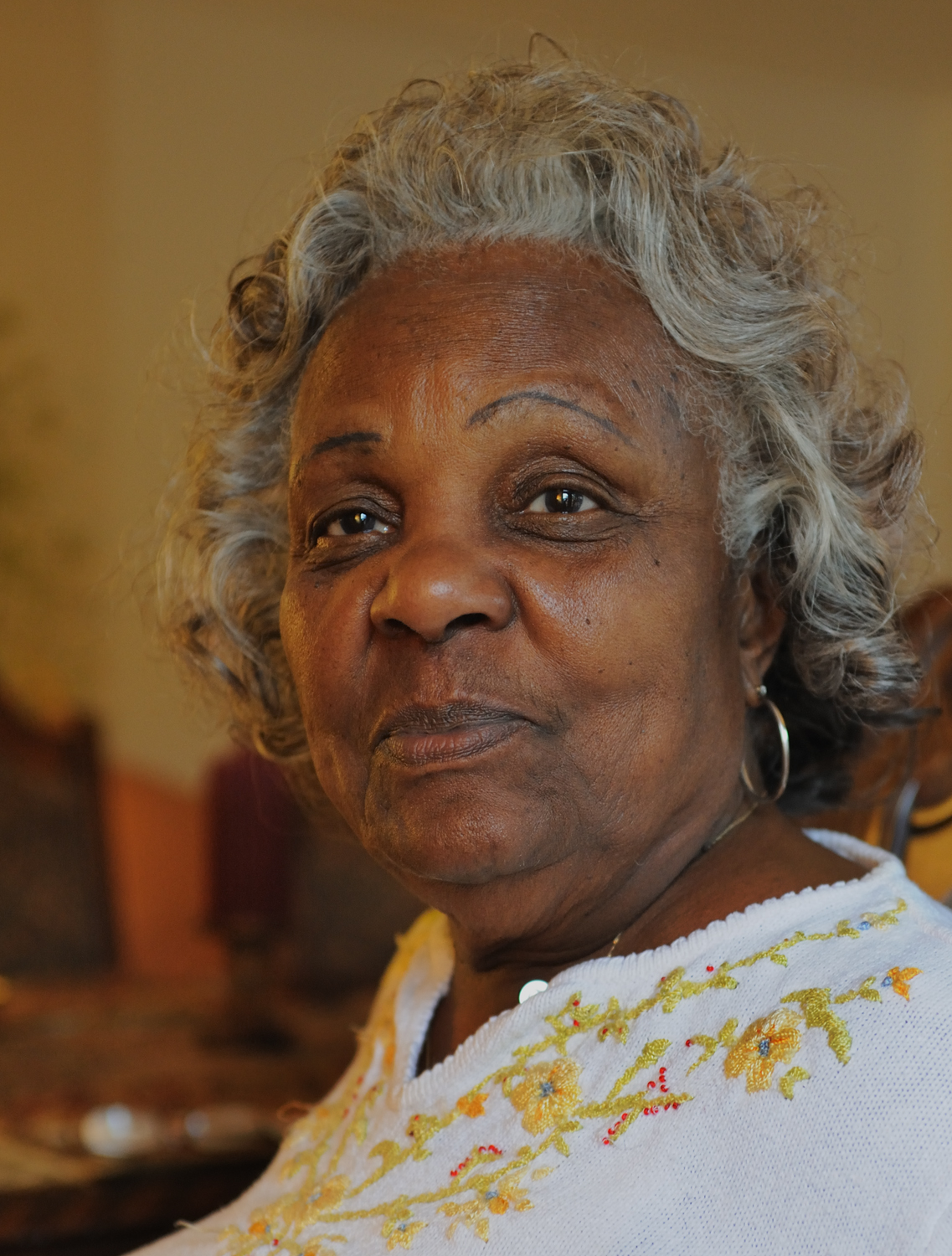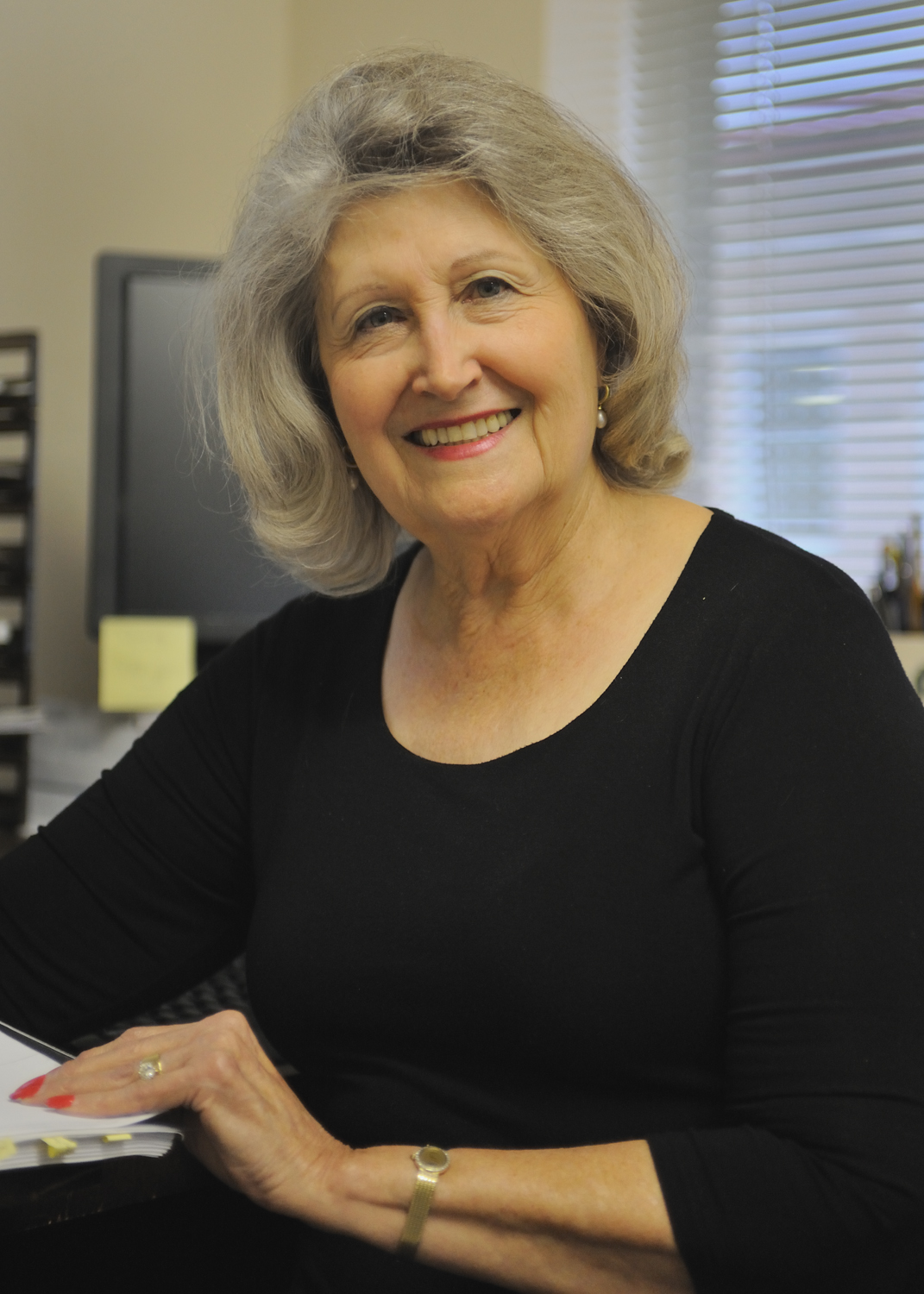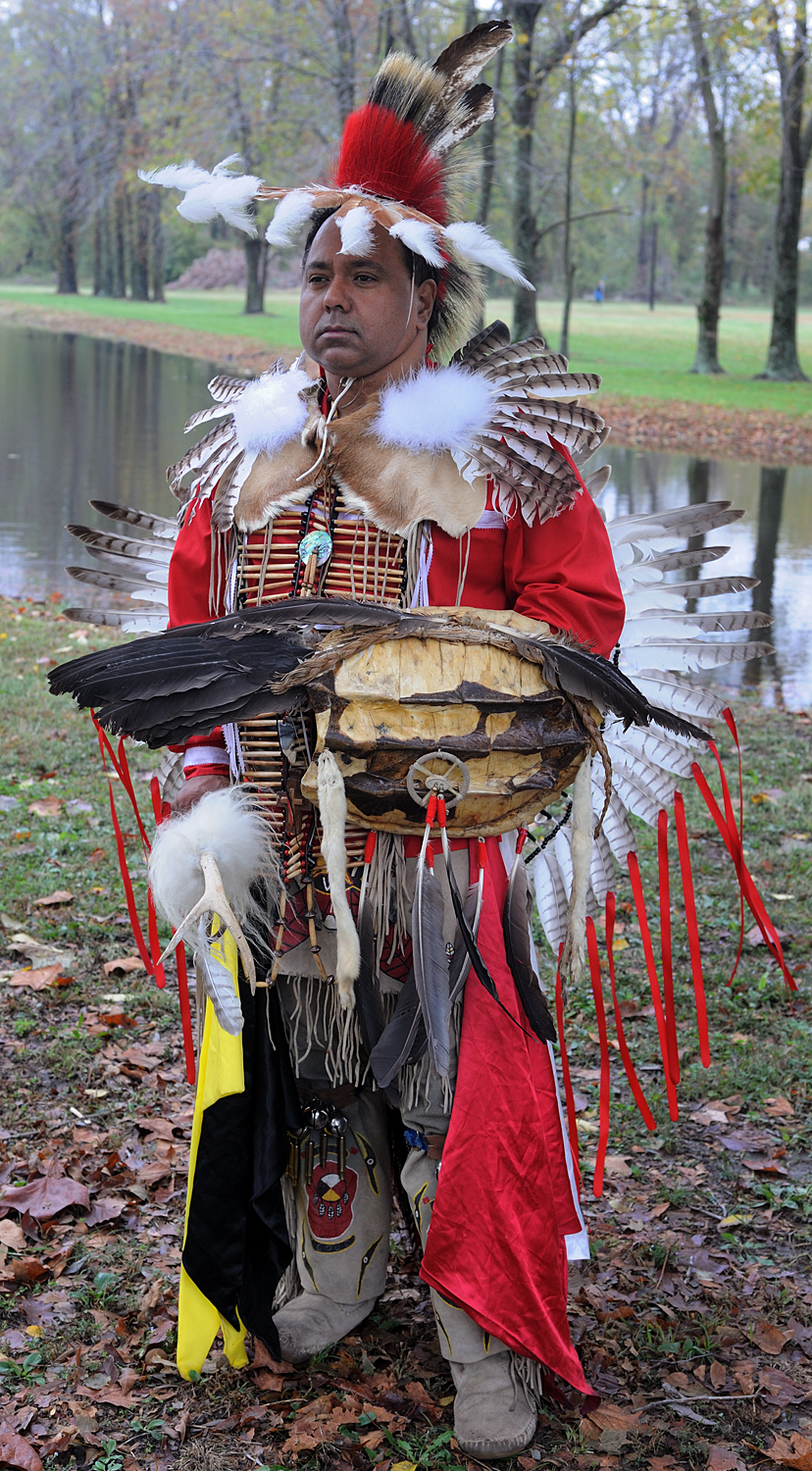The land I came through yesterday is as flat as a table top for hundreds of miles. Perfectly straight rows of cultivated fields pass by hypnotically. This Delta land is rich and productive and is mostly held in huge parcels, many by corporations, so the scene isn’t broken by farm houses, livestock or fences. It feels desolate. Most of the trees were sacrificed long ago and when a small patch does appear, I imagine it packed with desperate wildlife. Many miles passed between small, mostly gritty, towns. In each, there seemed to be a few large, nice homes and many desperately poor ones. There’s a scene burned into my brain that was glimpsed for only a second of a house that literally seemed to be caving in on itself with boards across the windows and a door hanging by one hinge. A small child in filthy clothes stood in the doorway watching me pass by. Life can be very, very hard. Yet, the human spirit can be inspiringly strong and resilient. Although the odds may be against that child, there are countless stories of people who have grown out of such poverty into very different lives. I pray for comfort, courage, light and love for that little child.
I’ve been asked how I find such interesting, beautiful people who are willing to share their stories with me. The answer, of course, is that I have nothing to do with it. The other answer is that everyone is interesting and beautiful and has a story they want to tell. I just show up and listen. I’ll tell you about a few I’ve been fortunate to spend time with lately.
“Sunshine” Sonny Payne and I met several years ago in a café in Helena, Arkansas. I wrote about his life at the center of the blues world as I was preparing to leave for this journey. Click here to read that post called “The Legend of Helena”. I caught him this time on a Sunday morning, just after mass and in time for lunch. Sonny is known by blues fans all over the world as the radio host of The King Biscuit Time blues show on KFFA. His first broadcast was in 1942 and he recently celebrated his 16,000th show. When we walked into the little restaurant together, literally everyone there called out a greeting to him. He tries to be crotchety, but is really too sweet to pull it off. He grumbled about a few things, but he just can’t squelch that twinkle in his eyes. He doesn’t smile often, but when he does, it’s brilliant – like the sun suddenly poking through a hole in the clouds. He’s adorable (that would probably tick him off, but since he doesn’t mess with computers, I may be safe!).
After lunch, Sonny invited me home to see a few pictures. I could listen to his stories for hours. He has a way of slipping in a little joke without missing a beat, just to see if you will catch it. When you do, you are blessed with a little smile. He will be 85 in a few weeks and still works every day – not just in the studio doing the show and taping commercials, but traveling to sell air time as well. He hasn’t thought about retiring yet, because he “wouldn’t want to just sit around”. He has an astounding recall for names, dates and details and his stories hop scotched around in his life, touching on things as a boy, his time in the service, how he met his wife, Josephine, and how he got the job at the radio station “by accident”. His old friend, B.B. King, was back in Helena for the Blues Fest this year and a film crew taped the two of them riding around in B.B.’s bus, talking about old times.
Sonny touched my heart the first moment I met him, as I’m sure he does many people. He made me promise I would call him when I get home, so he knows I made it safely. I won’t forget. Shine on, Sonny!
If you look at the Lower Mississippi on a map, you see that it swerves back and forth, loops and squiggles its way south. The earth is soft and silty, so the river can change its course without resistance. Often, after creating an oxbow, it will then create a shortcut and leave behind a horseshoe lake, unconnected to the river. Lake Village, Arkansas has situated itself along the graceful arch of such a body of water, Lake Chicot. The waterfront is lined with comfortable homes, not opulent, but homey with docks and gazebos and patios to enjoy the view. The downtown reflects a familiar story of decline, but there is fresh paint and other signs of efforts to rejuvenate.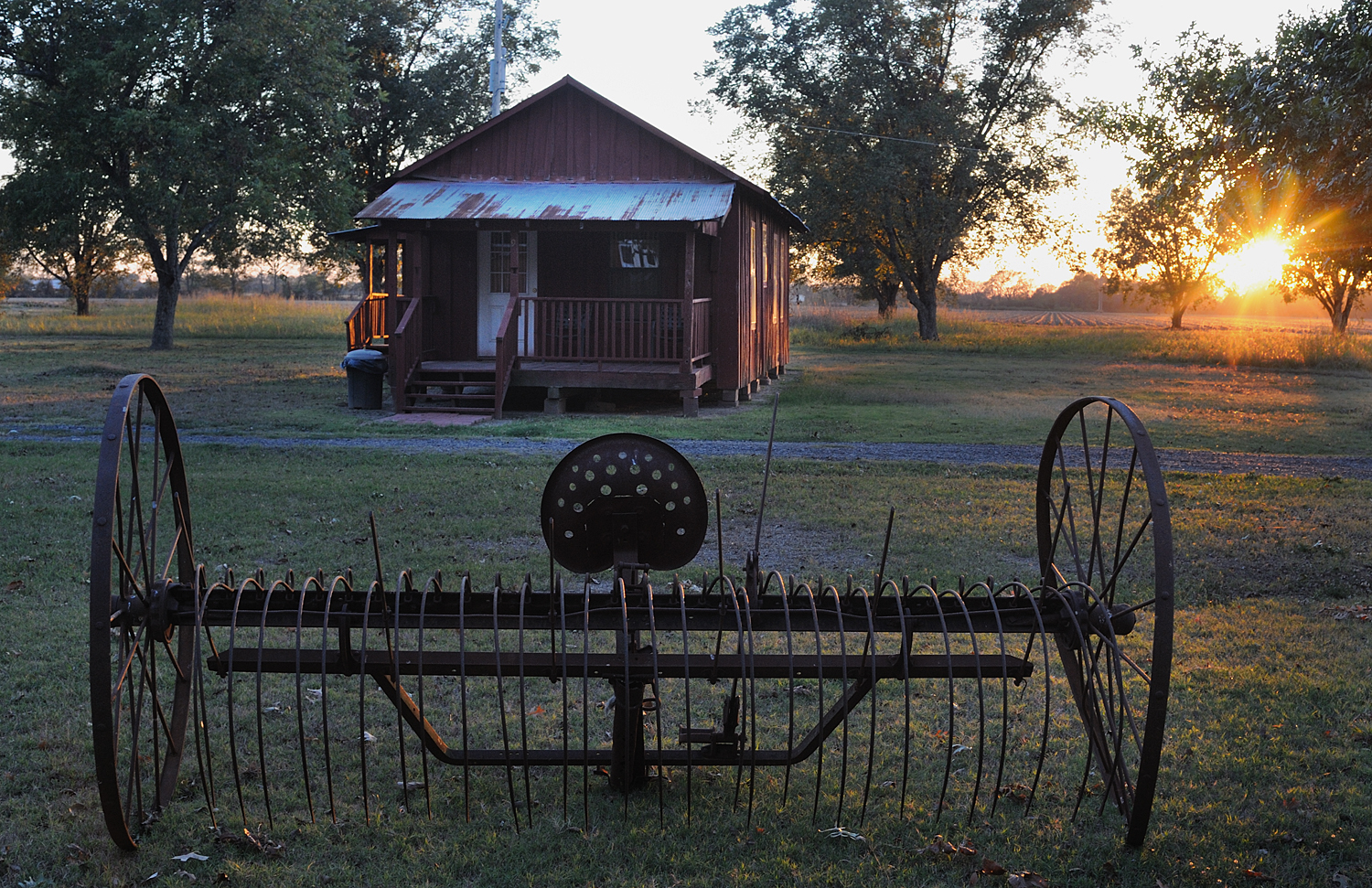
My lodging here adds a new dimension to the amazing list of places in which I have rested my head – a comfortably refurbished sharecropper’s cabin at the Pecan Grove RV Park.
As I began to gather the story of Lake Village, an interesting history emerged that resulted in diverse cultures living here together. In 1895, a plantation owner named Austin Corbin went to Italy and, with promises of land, houses and abundance, brought 100 Italian families to work on his Sunnyside Plantation. Promises were broken, and the immigrants suffered from diseases and exploitation. Most endured, learned the ways of their new country and became good farmers. Today, many of the leaders of Lake Village come from the large, vibrant and cohesive Italian community.
Brianne Connelly, the enthusiastic Director of the Lake Village Chamber of Commerce, told me that in addition to the Italian community, there is a large African American population with an equally long history. When she mentioned there is a woman in each community considered “a matriarch”, I knew I would like to meet them.
Mrs. Ella Edwards grew up here, married and raised her family in Lake Village. Her comfortable home has entire walls covered with pictures of children, grandchildren, great-grandchildren and some great-greats. My head swam with the numbers and she admitted it’s sometimes hard to keep all the names straight. A long table in her dining room could probably seat 15, but many more will be coming home for Thanksgiving. She will cook for a week to prepare for them and enjoy every minute of it. Mrs. Edwards talked honestly about her home town. “It’s a great place to live if you are retired”, she said, “but all the young folks have to go away to get jobs. There just ain’t no jobs here.” She said folks get along pretty well here; that in addition to the African Americans and the Italians, there is a Jewish community, Hispanics and others. Even during the tumultuous 60’s, things stayed fairly peaceful here.
Mrs. Edwards has raised a grandchild and a great-grandchild in addition to her own children and she thinks they helped keep her young. She talked about teaching young people respect and reminding the not-so-young folks if they need it as well. She stopped a choir practice once at church and asked the Director for a moment to speak. “This is the Lord’s House”, she said, “and you got no business comin’ in here with pants on and lookin’ half undressed. You got to show some respect and come in here dressed for the Lord’s House.” Things changed after that. When you hear “Miss Ella” speak in that tone of voice, there is nothing to say but, “Yes, M’am”, no matter who you are!
Mrs. Libby Borgognoni is a gracious, beautiful lady, whose great-great-grandparents were among that first group of Italian immigrants. In her smooth, slow and precise Southern diction, she described a childhood that was rich in love and traditions, although very poor financially. She went to school only when she wasn’t needed to pick cotton, but was bright enough to keep up. They grew vegetables, gathered berries and raised hogs. “We used every part of that pig except his hair”, she said. She described the process of slitting the pig’s throat, hanging him upside down to drain the blood, then baking that into a blood pie which she described as “divine”! They were so self-sufficient that they bought only salt, pepper, sugar and flour – and the flour sacks were reused for clothes. Weddings in those days were two or three days of song, dance, music and feasting. “It was a beautiful way to live”, she said.
Mrs. Borgognoni and her husband, Tony, raised five children and worked as a team to gradually acquire 8,000 acres of land where they raised cotton, cattle, hogs, wheat, rice and soy beans. We met at her office, where she handles the finances for the operation, as she always has.
Unfortunately, I missed by one week the 100th annual spaghetti dinner at her church, where all the pasta is still made by hand. But, she gave me a cookbook of authentic recipes compiled by the ladies of the Altar Society. Mrs. Borgognoni is proud of her heritage and does all she can to help preserve it – and she values the diversity of her home town. She was warm, elegant, earthy and authentic – and a great storyteller as well!
Then, back across the river at Greenville, Mississippi, I visited the Winterville Mounds State Park in time for Native American Days. This ancient ceremonial site is one of the largest and best-preserved remnants of the Mississippian culture of mound-building people who lived along the river in the 12th century. In between teaching two busloads of kids from local schools about his culture, Cocoa Cappel found time to visit with me. Cocoa is full-blooded Houma and is a fireman in New Orleans. His colorful regalia was created partly from feathers taken from birds killed on the road. “That is a way of giving them life again”, he said. His name, he said, was given to him by his grandmother who raised him. “Not many people know this story”, he said, “but she had a little dog named Cocoa and when I was very small I would come running to her every time she called the dog, so she named me Cocoa too.”
We talked about New Orleans and how life has changed since Katrina. He talked about how such things bring out the best and the worst in people as he described being shot at while trying to rescue stranded people. Cocoa invited me to call him when I get to New Orleans and said he would show me around a bit. I hope to do that.
If you’ve been traveling with me for a good while, you may remember a time in Minnesota when I talked with a man of the Ojibwe tribe and learned that I should have brought a gift of tobacco or rice to our meeting. I’ve been carrying tobacco in my car ever since then waiting for this day, and I was as pleased to be able to present it to Cocoa as he was to receive it!
There’s much more to tell you about Greenville – I’ll be back soon! Gayle
